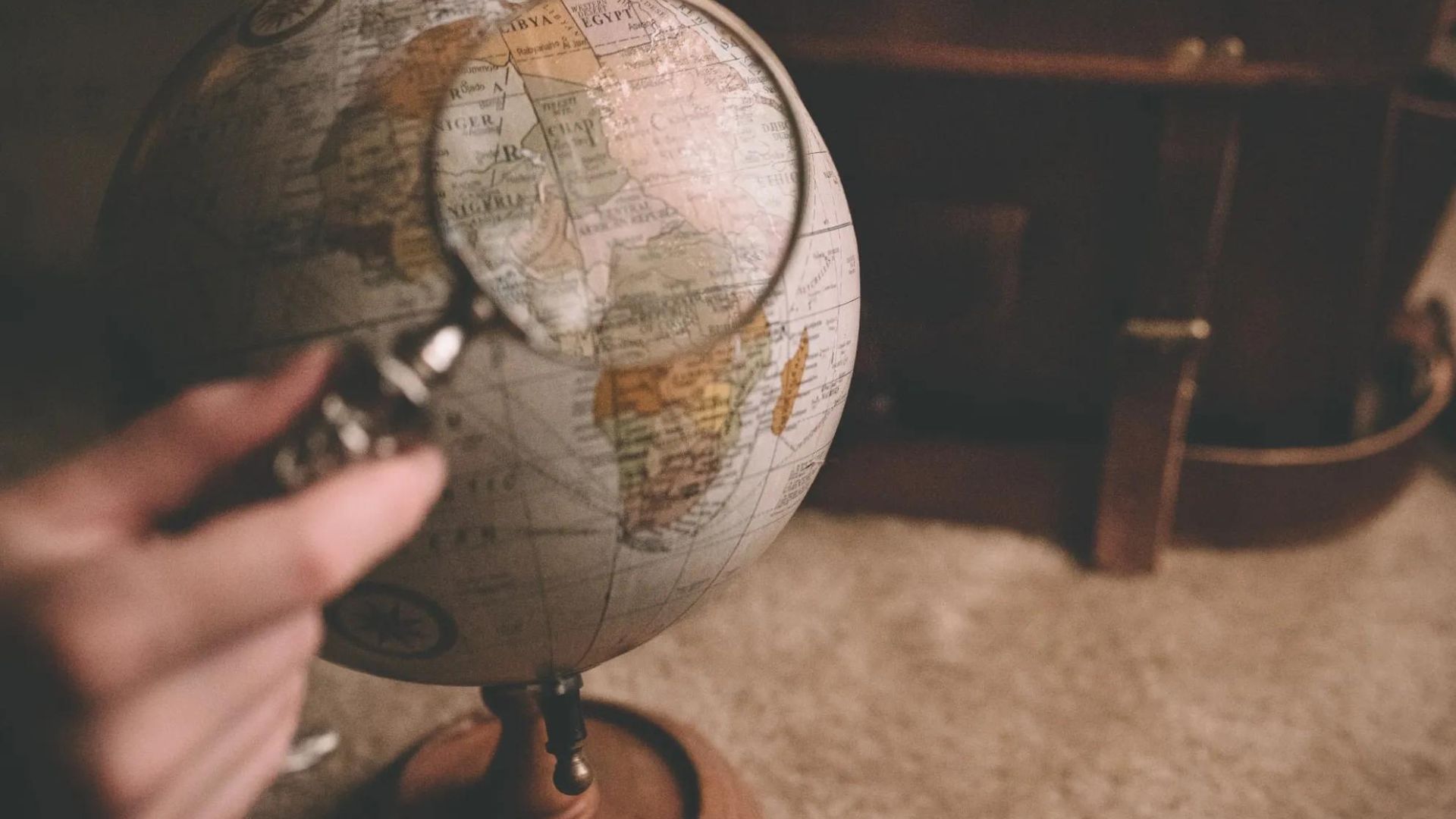In today’s interconnected world, understanding global politics is more important than ever. Whether it’s the rise of new political leaders, shifting alliances, or international conflicts, global politics affects us all. By paying attention to key factors, you can better grasp how decisions made across the globe shape our everyday lives. In this article, we’ll share some useful tips to help improve your understanding of global politics.
Stay Informed with Reliable Sources
The first step in understanding global politics is staying informed. It’s crucial to follow news from reliable and unbiased sources. International news outlets like BBC, Al Jazeera, and Reuters provide balanced reporting on world events. Additionally, consider reading different perspectives from both Western and non-Western sources to get a well-rounded view. This helps in understanding the complexity of international affairs, and you’ll be better equipped to analyze the issues that dominate global politics.

Learn About Major International Organizations
To truly grasp global politics, it’s essential to learn about key international organizations that influence the world stage. The United Nations (UN), the European Union (EU), and the World Trade Organization (WTO) all play significant roles in shaping policies and resolving conflicts. Understanding the role of these organizations will give you insight into how countries collaborate and negotiate on global issues such as climate change, human rights, and trade policies.
Understand Different Political Systems
Another key to understanding global politics is to be aware of the different political systems in place around the world. Countries operate under various systems like democracies, autocracies, monarchies, and more. By learning how these systems function and affect their citizens, you can better predict how international decisions might unfold. For example, democratic countries may handle negotiations differently from authoritarian regimes, which impacts diplomatic relations.
Follow Economic Trends
Global politics and economics are closely tied together. Keeping track of economic trends, such as trade agreements, tariffs, and sanctions, will deepen your understanding of international relations. Economic alliances and trade deals often determine how countries cooperate or compete. For instance, the economic influence of rising powers like China and India continues to shift the balance of global politics. Paying attention to the global economy allows you to see how economic factors shape political decisions.
Study Historical Context
To fully understand current global politics, it’s important to look at history. Many conflicts and alliances today have their roots in historical events. For instance, tensions in the Middle East can often be traced back to colonial history and territorial disputes. Similarly, understanding the history of Cold War politics can shed light on current relations between Russia and Western countries. By understanding the past, you can better analyze the present.
Observe Diplomatic Relationships
Diplomatic relationships are a major component of understanding global politics. Countries maintain alliances and partnerships through diplomacy, which helps them work together on global issues. Watching how world leaders interact, both formally and informally, can give you insights into where international relations are headed. For example, strong diplomatic ties between countries like the U.S. and European nations influence policies on security, trade, and climate change.
Engage with Political Analysis
Another helpful way to improve your understanding of global politics is by engaging with political analysis. Political scientists, analysts, and scholars often provide deep insights into global events through articles, podcasts, and books. These analyses help break down complex topics and explain what certain political moves might mean for the future. By engaging with these materials, you can develop a deeper and more nuanced understanding of international relations.
Understand the Role of Non-Governmental Actors
It’s not just governments that shape global politics—non-governmental organizations (NGOs), multinational corporations, and advocacy groups also play a big role. Groups like Amnesty International and Greenpeace push for changes in policies that affect human rights and environmental protection. Understanding how these non-governmental actors influence decisions helps give you a more complete picture of global politics.
Follow Global Conflicts and Resolutions
Keeping up with global conflicts and peace processes is another key part of understanding global politics. Whether it’s conflicts in the Middle East or border disputes in Asia, understanding the causes and consequences of these events can give you a clearer view of international relations.
Conclusion
In conclusion, understanding global politics requires a combination of staying informed, learning about international organizations, and engaging with history. By following these tips and paying attention to current events, you’ll be better equipped to understand the political decisions that affect the world we live in today. With a clear understanding of global politics, you can also contribute to discussions and debates that shape our future.

